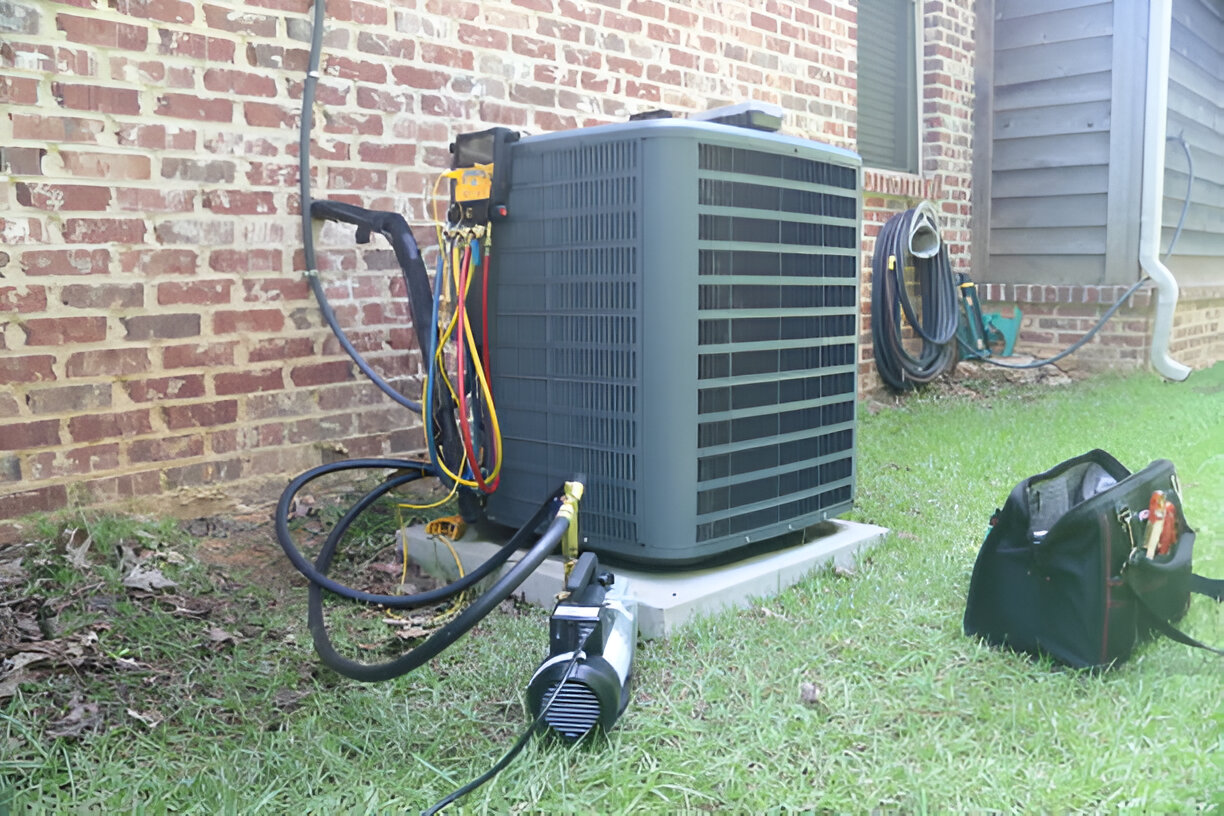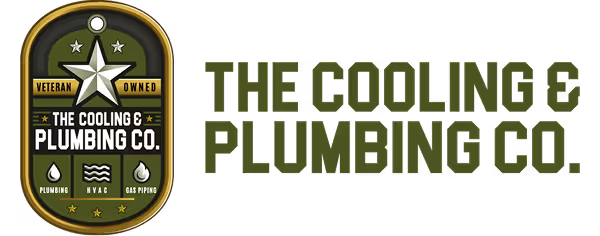24 Hour Heat Pump Repair in Apache Junction, AZ
When your heat pump fails in Apache Junction, AZ, an out-of-service unit is more than an inconvenience — it can put your family’s comfort and safety at risk during extreme summer heat or during chilly desert nights. Our 24 hour heat pump repair in Apache Junction, AZ content explains how emergency repairs are handled, what to expect from dispatch and arrival times, the difference between temporary triage and permanent fixes, common emergency scenarios unique to the East Valley, after-hours pricing and guarantees, plus clear steps you can take to minimize damage until a technician arrives.

Why 24-hour heat pump repair matters in Apache Junction
Apache Junction’s climate stresses HVAC systems: prolonged high temperatures, dust and monsoon storms create heavy cooling demand and strain components. Heat pumps working hard through long, hot days are more likely to experience compressor failures, frozen coils from airflow restriction, or electrical component burnout. Monsoon-driven power surges and lightning strikes can also create sudden failures that need same-day attention. A genuine 24-hour emergency repair service reduces interior temperature and humidity risk, prevents secondary damage (like burst pipes near heat pump lines), and restores safe operation quickly.
Common 24-hour heat pump emergency scenarios in Apache Junction
- No cooling or heating: Heat pump is running but no conditioned air — often caused by compressor or refrigerant issues.
- System won’t start: Dead contactor, blown capacitor, or electrical faults from power fluctuations.
- Tripped breakers or persistent electrical smells: Indicative of overheating motors or wiring issues requiring immediate shutoff and inspection.
- Refrigerant leaks: Sudden pressure loss that reduces performance and can damage the compressor if run dry.
- Frozen coil or iced outdoor unit: Reduced airflow or refrigerant issues that can rapidly worsen in the morning after a hot night.
- Strange noises or vibration: Loose components, failing bearings, or failing compressors that can lead to catastrophic failure.
- After monsoon storms: Water intrusion, debris in the outdoor unit, or lightning damage to control boards.
Emergency contact and dispatch procedures (what happens when you request help)
- Your emergency request is routed to a central dispatch available 24/7. A trained dispatcher will ask targeted triage questions: symptoms, system make/model, any unusual smells or sounds, and whether any breakers tripped.
- Triage helps prioritize life-safety issues and prepares the technician with necessary parts and safety equipment. If you report electrical smoke, active water leaks, or gas odors, dispatch escalates the call immediately.
- After triage, an available technician is assigned and the dispatcher provides an estimated arrival window. For homes inside Apache Junction, emergency dispatch typically occurs within minutes and technician arrival windows are usually within the hour to 90 minutes depending on time of day and road conditions.
Triage: temporary (stopgap) repairs vs permanent solutions
- Emergency technicians will focus on safety and quick restoration of function. Typical emergency interventions include: resetting breakers, replacing a failed capacitor to get the fan or compressor running, isolating and securing refrigerant lines, or installing a temporary contactor or relay. These actions stabilize the system and restore conditioning fast.
- Temporary repairs are not always long-term solutions. Technicians will explain whether a temporary fix is sufficient to safely run the system until a permanent repair or part replacement can be scheduled, or whether a complete component replacement is required immediately to avoid further damage.
- Permanent repairs may include compressor replacement, refrigerant leak repair and recharge, reversing valve replacement, control board replacement, or full system replacement when the unit has reached the end of its serviceable life.
After-hours pricing, estimates, and guarantees
- Emergency service typically includes an after-hours trip charge or emergency premium to cover 24/7 availability, rapid dispatch, and priority parts access. Clear pricing practice: you should receive an upfront explanation of any emergency fee and an estimate for recommended repairs before major work begins.
- Many providers include diagnostic fees that may be credited toward repairs completed during the same visit; policies vary, but emergency dispatch should be transparent about any diagnostic or trip charges.
- Standard guarantees for professional emergency heat pump repair often include a workmanship and parts warranty; for example, a one-year parts and labor guarantee on repairs is common for quality providers. Emergency temporary repairs are typically backed by a commitment to return and complete permanent repairs under the warranty terms discussed at the time of service.
What to do immediately while waiting for the technician (safety-first steps)
- If you smell burning or see smoke: Turn off the heat pump at the breaker and stay out of the area. Report the condition during dispatch so a certified technician arrives prepared.
- If water is leaking: Turn off the indoor water supply or the circuit breaker feeding any nearby electrical components if safe to do so. Contain water with towels or buckets and move electronics and valuables away from the area.
- If the system is warm and not cooling: Avoid running the unit continuously. Set the thermostat to fan-only or cycle the unit to reduce stress on the compressor. Close blinds and windows to reduce thermal load. Use portable fans in occupied rooms.
- If you suspect a refrigerant leak (hissing sound, loss of cooling, frost on lines): Turn the system off to prevent compressor damage and report the leak during dispatch. Do not attempt to handle refrigerant.
- For power outage or frequent tripping: Turn off the heat pump at the breaker until a technician can inspect electrical components to avoid repeated damage.
What to expect from the visit and follow-up
- The emergency technician will complete a safety inspection, diagnose the root cause, and present options: immediate temporary repair to restore operation or a full permanent repair or replacement.
- If a temporary repair is performed, the technician will document recommended permanent repairs and provide an expected timeline for part procurement and scheduling. Warranties and guarantees for the work performed will be explained at the time of service.
Preventive tips to reduce emergencies in Apache Junction
- Schedule annual or biannual heat pump tune-ups before peak cooling months to check refrigerant levels, clean coils, inspect electrical components, and replace worn parts.
- Keep outdoor units clear of dust, debris, and vegetation common during monsoon season. A clean unit runs cooler and uses less energy.
- Install a surge protector on the HVAC system if your home experiences frequent electrical storms to reduce risk of control board damage.
24 hour heat pump repair in Apache Junction, AZ is about fast, safe, and transparent service that stabilizes your system immediately and provides a clear path to a lasting solution. Emergency repair is triage first, then reliable long-term repair backed by warranty and expert guidance tailored to the desert climate and seasonal demands of the East Valley.






